Marek Kalita
出生 : 1958-10-01, Bytom, Polska

Eryk, mąż Estery
When a spiteful coworker sabotages her deliveries, a courier and a helpful customer must race to return Christmas presents to their intended recipients.

Jerzy Hertz
In the near future an indifferent activist announces that at midnight on New Year’s Eve he is going to commit suicide in protest against the renewed slavery system in Poland. His plan is put on hold the moment he finds an abandoned slave woman in the trash and decides to help set her free.
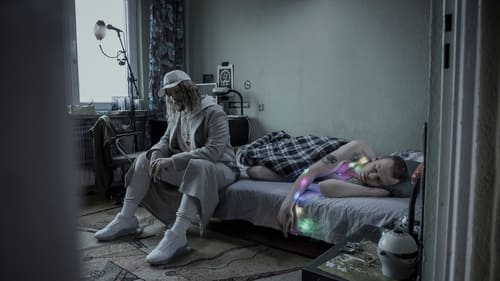
Maciej
Warsaw, Poland. Kamil, a street rapper who spends his time going from party to party, begins a love affair with Iwona, a wealthy married woman.
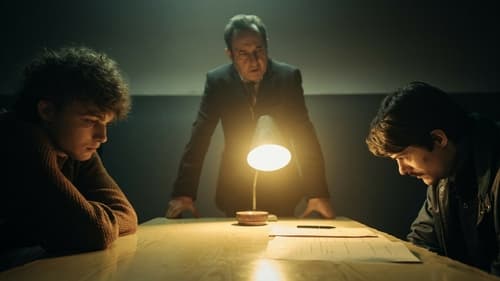
Edward
Not satisfied with the result of a murder investigation in Warsaw's gay community, an officer in 1980s communist Poland resolves to uncover the truth.

Franek, a student of painting. By coincidence becomes involved in the cogs of a horrific totalitarian machine. His sensitivity and humanity will be heavily tested.

After fun-loving metalhead Jacek is disfigured in an accident at work, he becomes the first person in Poland to receive a face transplant. This leads to his status as a media spectacle and martyr, all while battling ensuing identity issues as a consequence.
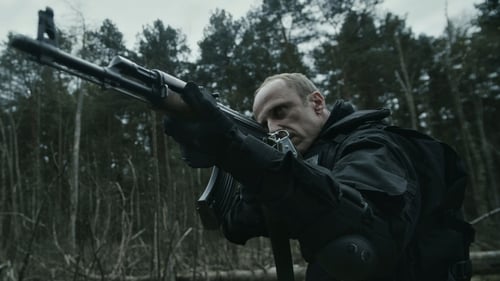
lekarz więzienny Fus
Director of detention, director Nowacki (Janusz Gajos) finds Sergeant Zawada, who is hiding from the world (Robert Więckiewicz). An experienced officer returns to the game and gets a new task - he becomes the commander of the convoy, who is to transport a very dangerous prisoner to a psychiatric hospital. Members of his team are people with a complicated past. Among them is also Feliks (Tomasz Ziętek), full of ideals, privately the husband of Nowacki's daughter (Agnieszka Żulewska), who should never have found himself in a prisoner. The prison director, having lost control of the convoy, chases to repair, and may hide the uncomfortable truth for him. The real purpose of the convoy is slowly coming to light. Conflicts arise between men and tension increases, with unexpected twists every minute. From now on, justice can be done on its own.
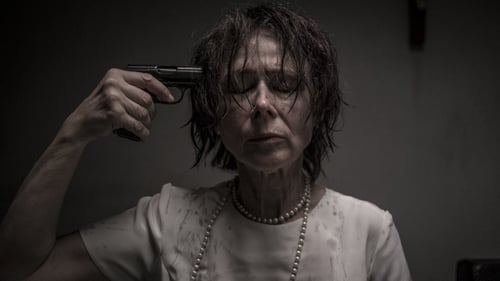
prymas Stefan Wyszyński
A little known episode from the life of Stalinist security police office Julia Brystiger. Her nickname Bloody Luna was a reference to her incredibly brutal methods of interrogation. In the early 1960s, she appears in a centre for the blind on the outskirts of Warsaw, a place often visited by Cardinal Wyszyński, whose imprisonment in 1953-1956 Brystiger supervised personally. During a difficult and heated discussion with the cardinal, Brystiger denounces the communist ideology and begs for forgiveness for her crimes and for guidance in her search for God.

jako Miłość matki stażystki
A group of misfits from a carpet shop have a chance to change their lives with the help of two marketing experts - an ex-kebab shop worker and an ex-fortune teller from a wildlife magazine.

Mateusz is an intelligent, romantic young man tragically trapped inside his own body, suffering from severe cerebral palsy that makes speech and controlled movement nearly impossible. Born into a loving family, Mateusz’s protected world is shattered when circumstances place him in an institution where he is misunderstood and mistreated. Featuring an astonishing, virtuoso lead performance, Life Feels Good beautifully recounts the true story of one man’s extraordinary efforts to endure in the face of impossible odds.
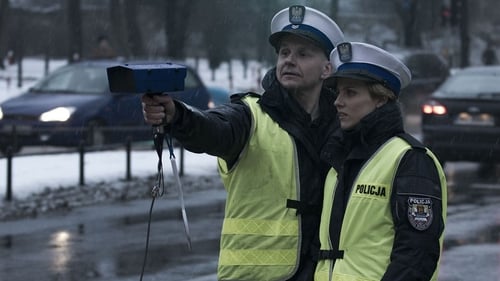
Tłokiński
Seven policemen, seven deadly sins, a murder case, secrets and the filth of everyday police work: Traffic Department transports the viewer into the darkest Warsaw streets.

Tomasz Zuber, syn Zygmunta
When his grandson is beaten by gangsters, a Warsaw veteran gathers his war buddies to take them on.
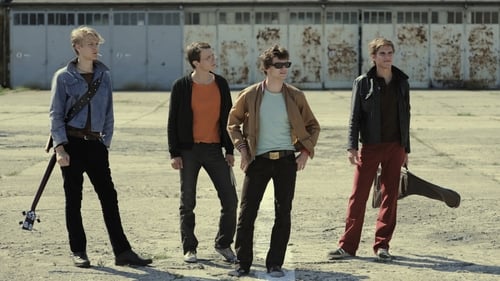
Sokołowski
Follows four friends in their quest to form a punk band. As workers protests sweep across the country, Janek and Staszek, the sons of a navy man, the rebellious Kazik, and the affluent Diabel gel as a band, but their disparate lives are touched by social turmoil and outside perceptions.

Minister
Under the leadership of an ex-footballer, a bunch of homeless men set up a football team and train hard to take part in the world championship.
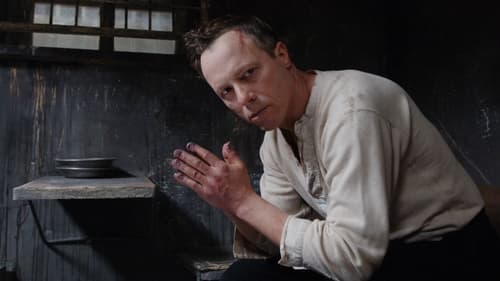
Sędzia podpułkownik Jan Hryckowian
Captain Witold Pilecki was a Polish intelligence officer during WWII who volunteered for a Polish resistance operation to get imprisoned in the German Nazi Concentration and Extermination Camp Auschwitz-Birkenau in order to gather intelligence and enable the Polish government-in-exile to inform the allies about the ongoing Holocaust in occupied Poland. The film also tells the story of Witold Pilecki’s fate at the hands of the Communist government after the end of WWII. The film is a reconstruction of the trial which took place in Warsaw during the communist regime in Poland. Captain Pilecki described his investigation as more cruel than his stay at Auschwitz.
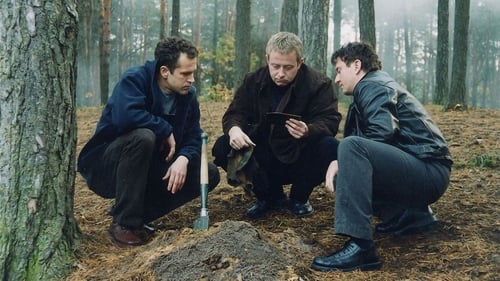
Jan Sulima, komendant główny policji

Zenek
Using the backdrop of the banality and ordinariness of everyday life in a small provincial town, the film analyses the relationship between two women friends, who struggle to find their way in post-communist Poland. The small events of their lives represent universal feelings of being trapped and lost in a new world, in contrast to the successes of the dark side of democracy - drug dealing, crime and pornography. By its very nature, the film creates a picture of provincial Poland after democracy, but its charm is in the understated relationship between the two friends and the people around them and in the mosaic structure that builds up the film piece by piece.















